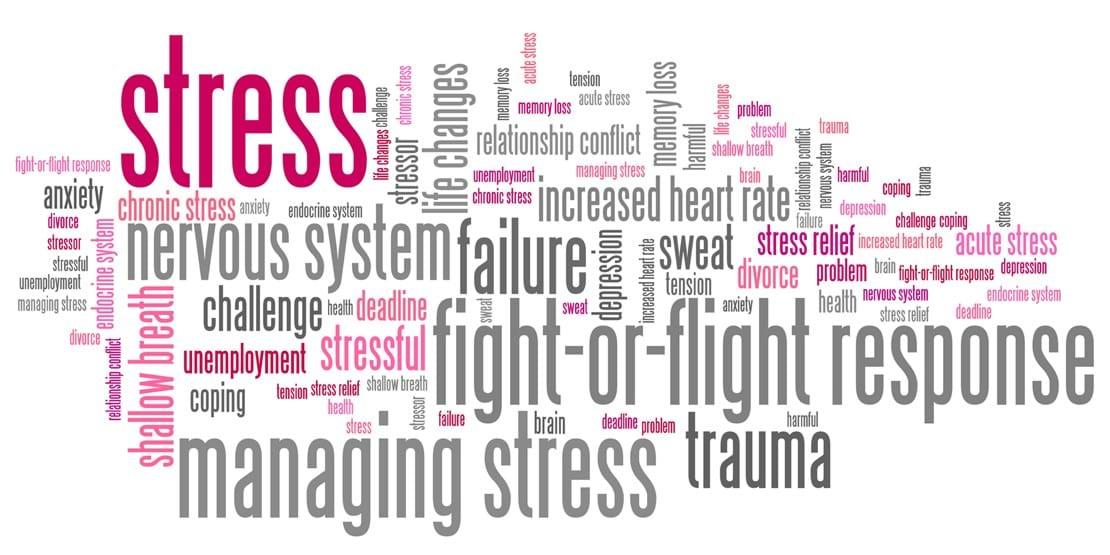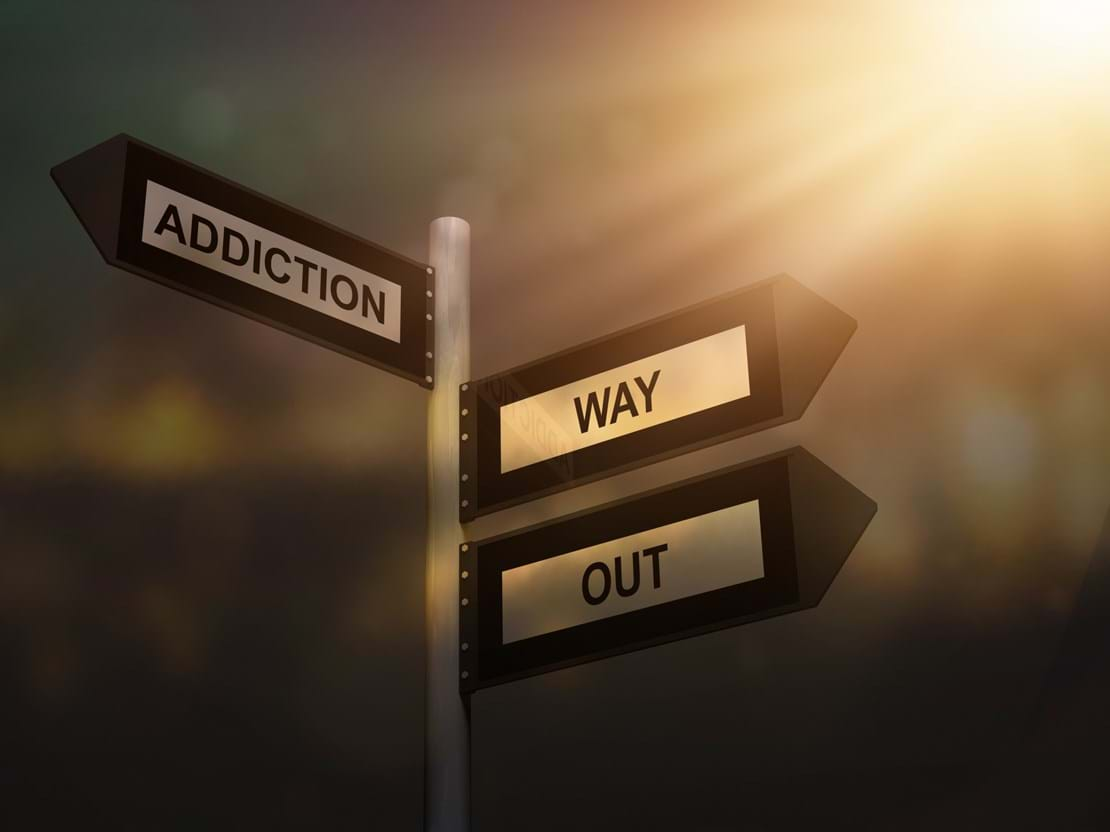Identifying triggers that lead to relapse
My name is Jason Bowman, and I am the Manager at Addiction Solutions Victoria. In response to direct feedback from a broad cross-section of people and families challenged by addiction, we have developed an affordable, evidence-based drug and alcohol rehab option delivered in the person's home where they feel safe, and their privacy is protected.
Components of the ASV Rehab at Home program include:
- Addiction Medicine Assessment and Management
- Addiction Psychology Assessment and Management
- Ice Breaker Program - Rehab at Home - Drug and Alcohol Addiction Treatment Programs
- Psychotherapy and Counselling - Peer Support and Mentoring
- Ongoing Recovery Support – Aftercare - Return to Life Program
- Family Therapy
- Family Support Program - for families of Addicts
- Family Solutions Online Course
- Telephone / Skype Support
- Referral / Advocacy / Linkage to relevant and appropriate supports and services.
To celebrate the possibility of recovery from drugs and alcohol, we have compiled a series of testimonials in the form of blogs written by people who have accessed ASV programs; we aim to share the hope of positive change with anyone still impacted in a negative manner by addiction.
What I learned about triggers in drug and alcohol rehab will keep my recovery on track.
A trigger is any form of stimuli that initiates the desire to engage in addictive behaviour.
At ASV, many clients state that stopping drinking or using is one thing and staying stopped is another.
Practical, evidence-based addiction treatment provides the individual with the opportunity, within a safe, supportable and substance-free environment, to identify the underlying psychological and emotional issues fuelling the addictive behaviours. The purpose of an effective treatment process is to motivate internal change, providing the individual with a realistic and sustainable opportunity for recovery.
Triggers are associated with a behaviour, memory or situation that relates in some way to prior substance abuse behaviours. As someone struggles with addiction, the people they interact with, the places they spend their time and, in some situations, the things they do become strongly associated with their addictive behaviour.
Moving into treatment and recovery helps to reduce exposure to these triggers as much as possible. This may require changing relationships, moving to a different side of town or making a career change.
Triggers prompt cravings, which are strong desires for a particular substance and can lead to relapse.
Identifying triggers and developing strategies to manage cravings is vital to recovery from addiction.
Common triggers in addiction include:
- Stress
- Financial Insecurity
- Locations associated with using / drinking
- People associated with using / drinking
- Romances
- Resentments.
What I learned about Addiction and Recovery during the ASV Rehab at Home program
Addiction is a complex condition that has a basis in significant changes within the brain. A person can become addicted to many different substances, behaviours, activities, and thoughts. The cause of addiction remains poorly understood, but there are established theories about its development. Various addiction treatment types exist, including medication, psychotherapy and others.
Although addiction will frequently improve with the appropriate treatment, relapse is common. Addiction has been associated with criminal behaviour in many cases, but not all people addicted to a substance, or activity will engage in criminal acts. If someone is engaged in addiction and criminal activities, there will likely be several negative consequences that can manifest themselves in various ways.
Addiction and crime frequently commingle. Crime can be defined as any illegal or proscribed act, primarily defined by law or custom, to incur a penalty. Addiction is described as a state of periodic or chronic intoxication produced by the repeated consumption of a drug (such as opium, alcohol, or tobacco) that tends to impair the judgment and social responsibilities of the addict and induce craving.
What is Recovery from Addiction
Recovery is a process through which individuals improve their health and wellness while overcoming addiction. Addiction carries significant physical, mental and social consequences that can lead to breakdowns in communication and relationships. A person recovering from an addiction will initially attempt to maintain abstinence from the substance or activity to which they were addicted to. Still, people recovering from addiction will frequently encounter triggers that can cause cravings and relapse. Effective recovery from addiction involves a process of self-discovery, reestablishing lost connections with family and friends and learning new ways to cope with stressors in life.
Addiction Treatment
Treatment for Addiction is how people addicted to drugs or alcohol receive help for their substance abuse disorder. Treatments vary depending on the type of addiction and can often differ from treatment protocols for other mental disorders. Addiction treatment typically involves a combination of medical treatment, therapeutic intervention and a supportive network of family and friends who can provide encouragement and a healthy lifestyle example.
The main goal of drug rehab is to help an individual achieve abstinence from drugs or alcohol and return to life in a meaningful and sustainable manner.
"ASV programs and services provide affordable, evidence-based drug and alcohol rehab options across Melbourne, Victoria. The core program is delivered in the person's home where they feel safe, and their privacy is protected". - Jase Bowman - ASV Manager Drug and Alcohol Rehabilitation Center, Melbourne 2020.
To access additional information and support, visit the Collective Recovery Support Network.





